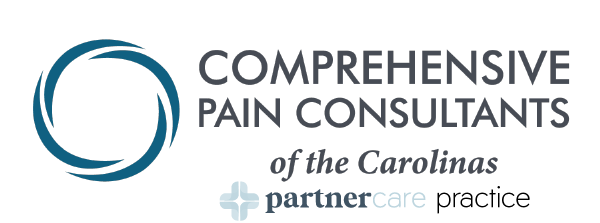Caregiving and Chronic Pain
According to a study done in 2016, as many as 67 million people in the United States consider themselves caregivers for someone they love. If you help a loved one navigate the impact of chronic pain on their daily needs without being financially compensated, you are a caregiver. This role is can be one of the most rewarding tasks a person will complete in life. It is also one of the most challenging.
Today we are going to direct our focus to providing information about resources for these incredible caregiving superheroes in our midst. The world is a brighter place because of you, and we want to do all we can to make sure you can keep shining.
Challenges of Caregiving
Most of the caregiving relationships are made up of family: spouses, children, grandchildren, extended family or close friends. Even though every family or friendship has conflict from time to time, caregiving can bring on a whole different level of challenges. Some of the most common challenges caregivers experience include:
Depression and anxiety
Feelings of loneliness, frustration and/or anger
Financial burdens
Less time/focus/resources for caregivers’ personal needs
Relationship strain between caregiver and recipient
Increased health risks
At the Comprehensive Pain Consultants of the Carolinas, one of the goals we have to help manage pain & health in Western North Carolina is to create sustainable care routines that work for the patient and their caregivers. If you or someone you love is showing signs of caregiver burnout, we can help.
Healthy Caregiving Habits
Although it may seem counterintuitive at first, caregivers need to place self-care as a priority. When you don’t, you put yourself and the person you’re caring for at risk for more long-term problems. We recommend you start small with one or two of the following tasks:
If you haven’t seen your family doctor in the past year, schedule a well-check for yourself.
Schedule one afternoon, morning or evening a week to be a time to relax: bubble bath, trip to the gym, shopping, read a book, etc.
Start every day with a hot shower and a balanced breakfast.
Get and wear comfortable shoes.
Find a fun or heartwarming podcast that you can listen to while you wait in doctor appointments or therapy sessions.
We get it. Our staff of pain specialists manage pain & health in Asheville all day every day and we know how hard it is to take a break when your loved one is in pain. But your health and wellbeing matter too. Ask for help; this takes a village.
Caregiving Resources
We also recommend some bigger steps to creating balance in your caregiving routine. These bigger steps may include involving support from other friends, family or community agencies. It may take some time to get comfortable trusting someone else with your loved one who is in pain. Just take it one day at a time and allow yourself time to adjust. Consider looking into:
Local respite care programs (Check out this list of respite care resources in Buncombe County for older adults!)
Free library and/or community center events for those with chronic pain and/or their caregivers
Educational seminars/workshops/retreats for caregivers
Financial support (such as grants or pain family leave) from county, state or federal organizations
Participate in a research study to promote change on a larger scale
Schedule an appointment with your care receiver’s chronic pain care team to get help with creating a more sustainable routine.
Talk with a member of your care team to learn more about where to begin researching these and other resources for caregivers. Sometimes the solution is closer than you might think!
Manage Pain & Health in Western North Carolina
If you are a caregiver looking to add a pain management specialist to your loved one's care team, we hope that this post has helped you find some encouragement. We would be honored to meet you and your loved and begin collaborating on finding solutions for better management of chronic pain symptoms. We have clinics in nine convenient Western North Carolina locations – call to schedule today!

